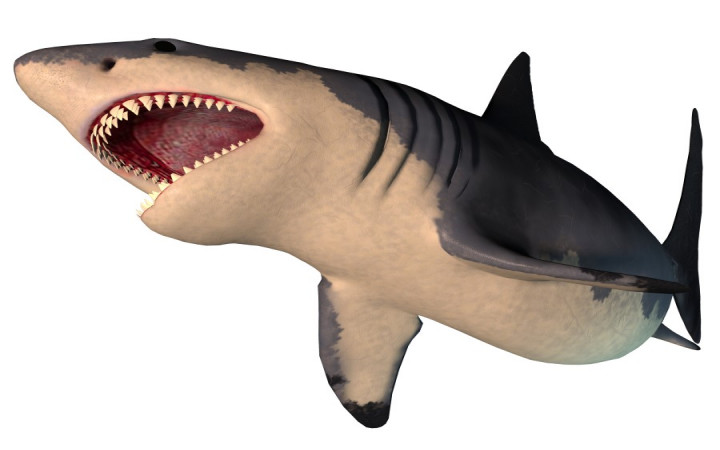Do you like to go swimming in the ocean? If you've ever seen a scary movie like Jaws, you may be a little bit nervous about what sea creatures might be lurking below the surface. Could a huge, man-eating shark be waiting out there just beyond the breaking waves?
The good news is that the answer is…probably not! Sure, you hear about shark attacks from time to time, but they're actually a really rare event. At most beaches around the world, the probability of fun hovers around 100%, and the chance of a shark attack hovers just above 0%.
Sharks have fascinated kids and adults alike for many years. These fearsome ocean predators move through the water with amazing speed. Their razor-sharp teeth can strike fear into the hearts of anyone who sees them up close.
If you've seen enough movies or television shows about sharks, you might be under the impression that all sharks are humongous. That's not really true. There are many different types of sharks and some of them aren't very big at all.
But, of course, there are some giant sharks, too. And that's what today's Wonder of the Day is all about. So exactly how big is the largest shark?
The answer depends upon whether you're talking about the largest shark alive today or the largest shark to have ever lived on Earth. Those are two different sharks of different sizes.
The largest shark to have ever lived on Earth is thought by scientists to have been the megalodon. Its name comes from the Greek words meaning “big tooth." The megalodon is an extinct species of shark that roamed the waters of Earth over 1.5 million years ago.
Not only was it the largest shark to have ever lived on Earth, scientists believe it's probably one of the biggest, most powerful predators of all time. Megalodon fossils have been found that lead scientists to believe the giant shark could have reached a total length of over 50 feet with a body mass of over 50 tons!
Today, the largest shark roaming the oceans is the huge whale shark. Unlike the megalodon, whale sharks are not predators. Instead, they're slow-swimming giants that eat mainly plants and plankton.
Although not the size of the megalodon, whale sharks are still really big. They can grow to be over 40 feet long and weigh over 15 tons, which makes them the largest fish in the world. They are gentle creatures that will often allow swimmers to catch a ride with them as they swim along coral reefs.




